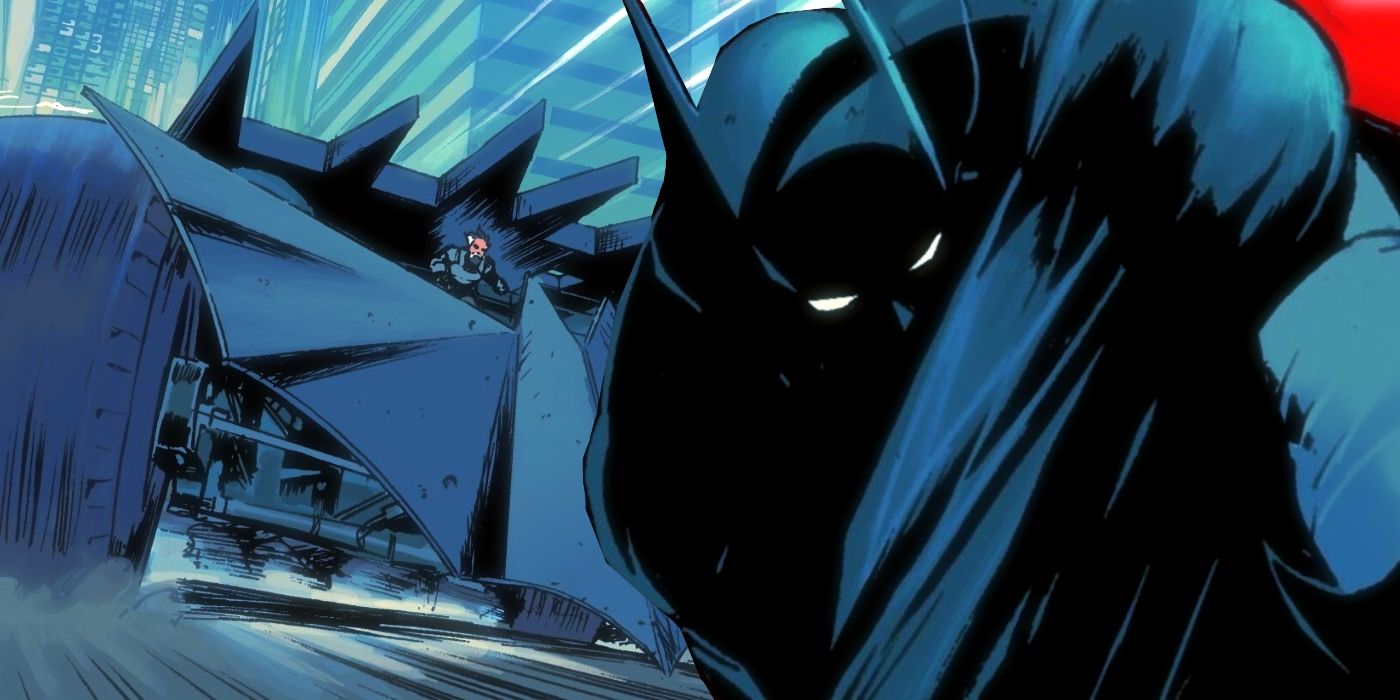TikTok is asking the Supreme Court to put a pause on a law that requires that its Chinese-parent company sell its U.S. operations or face a ban on tech platforms.
Courts have so far rejected TikTok’s claim that the law, which passed Congress overwhelmingly last year, is in violation of the First Amendment. Its parent, ByteDance, has until Jan. 19 to divest TikTok in the U.S. or face a ban on app stores.
In its emergency application to the Supreme Court, TikTok says that the law “will shutter one of America’s most popular speech platforms the day before a presidential inauguration. This, in turn, will silence the speech of Applicants and the many Americans who use the platform to communicate about politics, commerce, arts, and other matters of public concern.”
TikTok is asking for a temporary injunction to halt the implementation of the law at least until the Supreme Court can review the merits of the case.
In a statement, TikTok said, “The Supreme Court has an established record of upholding Americans’ right to free speech. Today, we are asking the Court to do what it has traditionally done in free speech cases: apply the most rigorous scrutiny to speech bans and conclude that it violates the First Amendment.”
TikTok argued in its petition that the lower D.C. Circuit court “went fundamentally astray” in concluding that the new law overcame the “strict scrutiny” standard applied to cases that implicate the First Amendment. The appellate court concluded that the government had a compelling national security interest in trying to prevent China’s manipulation of content.
During his first term, Donald Trump sought to force a sale of TikTok by ByteDance, citing similar concerns of China’s access to data. That effort was sidelined in the courts, and Trump has since opposed a ban of the app, which has 170 million users in the U.S. Earlier today, he praised TikTok, crediting it in part for his re-election.
In its brief, TikTok’s attorneys wrote that “Congress has no legitimate interest in interfering with the U.S. ownership of an expressive platform to alter its content—whether or not Congress deems some such content foreign propaganda. This Court has already made that clear, and it is likely to reaffirm that fundamental principle here.”
TikTok is asking the court to rule on its emergency application by Jan. 6. Its attorneys said that if the application is denied, TikTok would need time “to coordinate with their service providers to perform the complex task of shutting down the TikTok platform only in the United States.”









 English (US) ·
English (US) ·